Topamac 100 mg Tablet: A Comprehensive Review of an Antiepileptic Medication
Tablets of Topamac 100 mg are an antiepileptic medicine that find widespread application in the treatment of epilepsy and other seizure disorders. The purpose of this in-depth analysis is to present crucial details about Topamac 100 mg Tablet, such as its applications, indications, dosage, mode of action, potential adverse effects, and safety measures. Its purpose is to provide both medical professionals and patients with useful knowledge that can be applied toward more effective epilepsy management and an improvement in quality of life.
Understanding Topamac 100 mg Tablet
Tablets of Topamac 100 mg constitute a significant innovation in the field of epilepsy therapy, allowing patients effective seizure control and an overall improvement in their health and wellness. We are able to comprehend its significance in contemporary medical practice by first gaining a knowledge of its functions and the therapeutic roles it plays.
Uses and Indications
The primary purpose of the Topamac 100 mg Tablet is to treat a variety of seizure disorders in both adults and children. These illnesses include partial-onset seizures, generalized tonic-clonic seizures, and Lennox-Gastaut syndrome. To achieve seizure control and prevent epileptic episodes, healthcare practitioners may prescribe Topamac to patients. This will ultimately result in an improvement in the patient’s quality of life.
Related Product
Topamac 25mg Tablet
Topamac 50mg Tablet
Topamac 100mg Tablet
Dosage and Administration
The patient’s age, weight, and the kind of seizure disorder that is being treated are taken into consideration while determining the correct dosage of Topamac 100 mg Tablet to provide. To achieve the intended therapeutic impact, healthcare providers would often begin treatment with a low dose and progressively increase it throughout the course of the treatment. For efficient control of seizures and to reduce the likelihood of experiencing unwanted effects, it is essential to take the medication exactly as directed, both in terms of the dosage and the administration schedule.
Mechanism of Action
It is vital to have an understanding of the mechanism of action in order to know how the antiepileptic effects of Topamac 100 mg Tablet are produced. Topiramate is the active ingredient in Topamac, and it works by regulating the activity of various neurotransmitters in the brain, such as glutamate and GABA (gamma-aminobutyric acid). Topamac stabilizes aberrant electrical activity in the brain by increasing GABAergic activity and decreasing glutamate release. This prevents the spread of seizure activity and lowers both the frequency and severity of epileptic episodes.
Potential Side Effects
Topamac 100 mg Tablet is well tolerated by most people, however just like any other medicine, it has the potential to cause some adverse effects. Dizziness, drowsiness, impaired cognitive function, and alterations in appetite or taste are examples of common adverse effects that may occur. These adverse effects are often minor and short-lived, and they go away on their own without the need for further medical attention. Patients need to get in touch with their healthcare professional as soon as possible if they have any side effects that continue or become bothersome.
Rarely, individuals may develop more serious side effects, such as shifts in mood, difficulties concentrating, or issues with their vision. These situations are extremely uncommon. After taking Topamac 100 mg Tablet, it is imperative to seek prompt medical assistance in the event that any unusual or dangerous symptoms appear in order to undergo the right examination and management.
Precautions and Safety Measures
Before writing a prescription for Topamac 100 mg Tablet, medical practitioners should undertake a comprehensive review of the patient’s medical history, paying particular attention to the patient’s family medical history as well as any pre-existing diseases or allergies. Patients who have a history of an allergic reaction to topiramate or any of the other components of Topamac should not use the drug, since it is not indicated for them.
Patients who suffer from specific medical diseases, such as kidney stones, glaucoma, or metabolic abnormalities, should be given Topamac with extreme caution because it is possible that they will require dose modifications or intensive monitoring while they are being treated with the medication.
Conclusion
People who struggle with epilepsy now have access to an excellent antiepileptic drug called Topamac 100 mg Tablet. This medication offers much-required seizure control in addition to an improvement in their quality of life. Epilepsy can be managed more effectively, and patient outcomes can be improved, if medical practitioners have a thorough awareness of this medication’s indications, uses, dose, mechanism of action, potential adverse effects, and precautions. The effect that Topamac has on the regulation of seizures highlights the significance of the medication in terms of fostering a higher quality of life for those who have epilepsy. Patients who suffer from epilepsy should consult a physician for advice and make sure to take their medication exactly as directed in order to maximize the therapeutic effects of Topamac 100 mg Tablet and improve their overall health. This is true for any type of medical therapy.




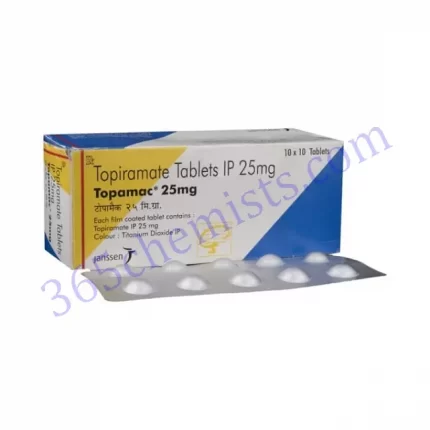
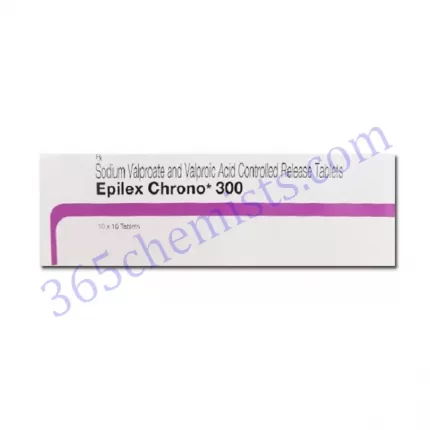
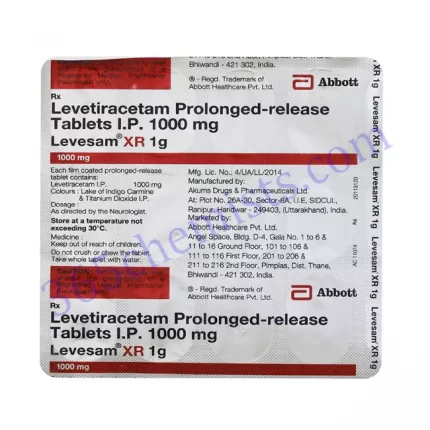
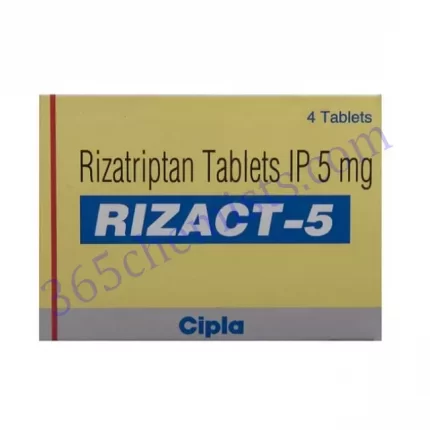
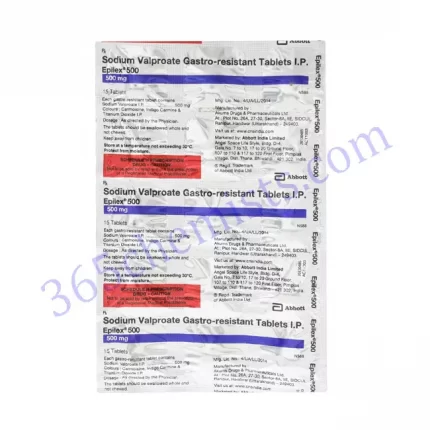
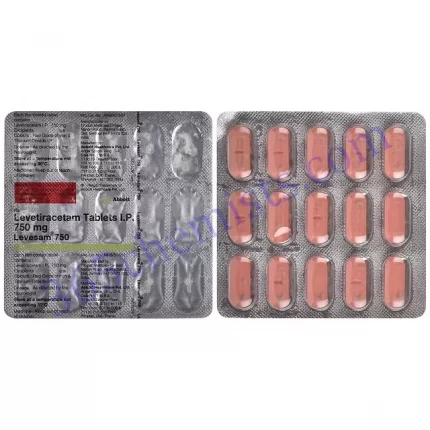


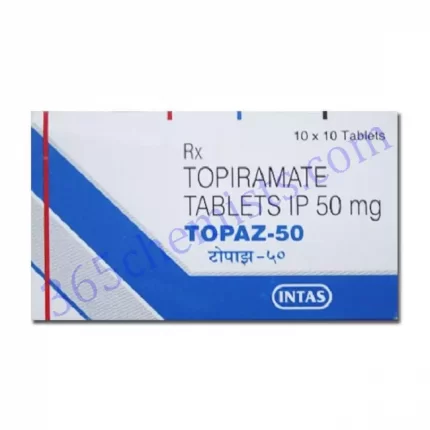
Reviews
There are no reviews yet.